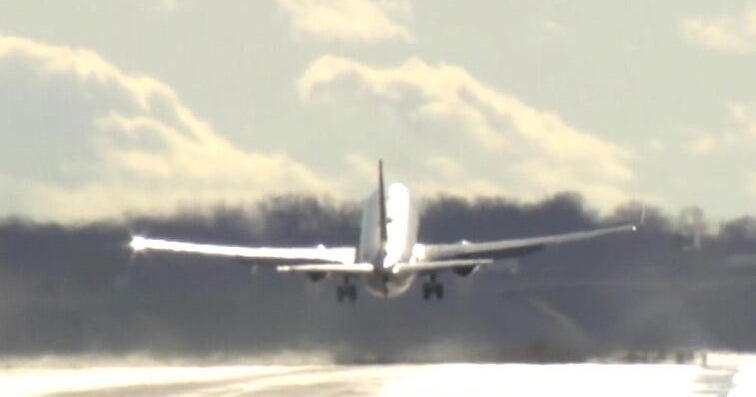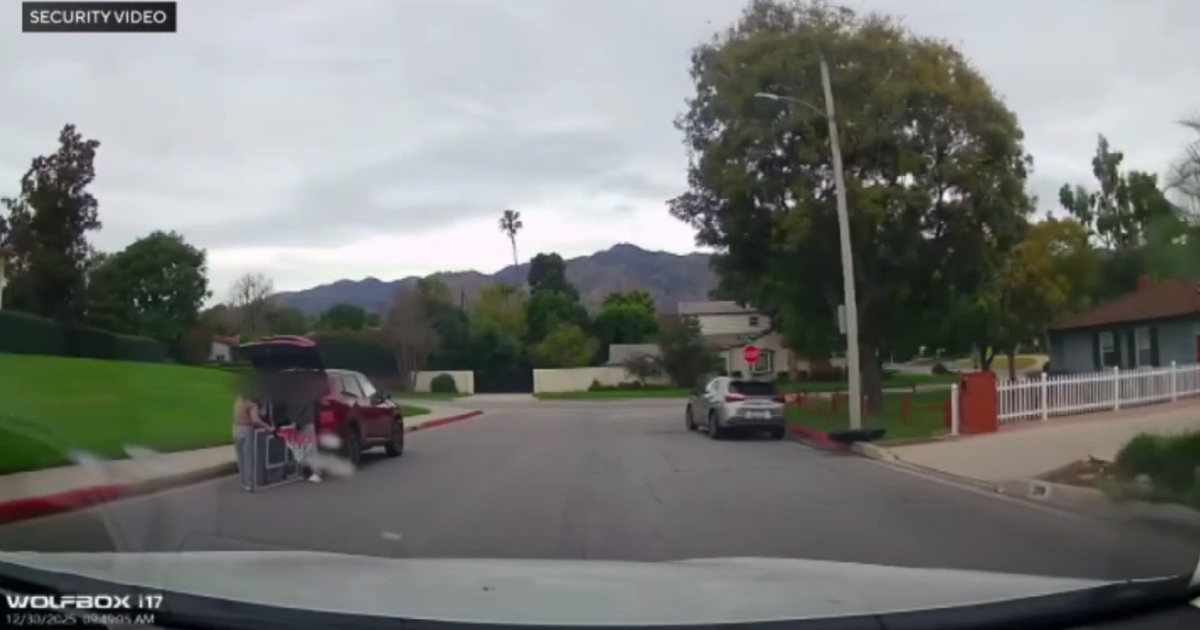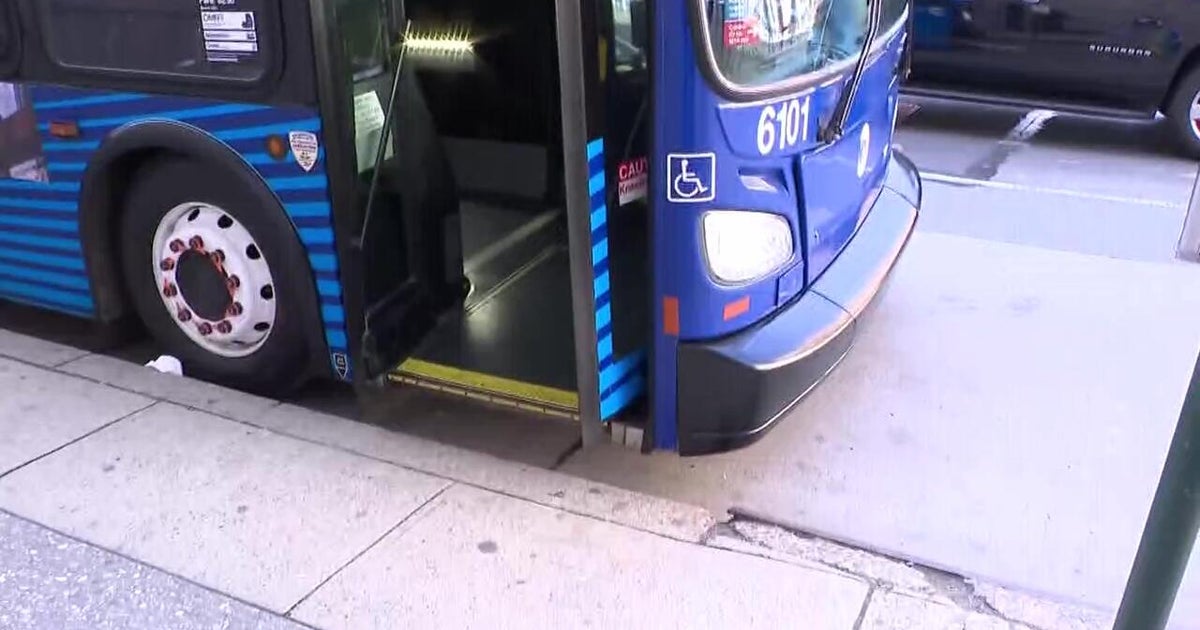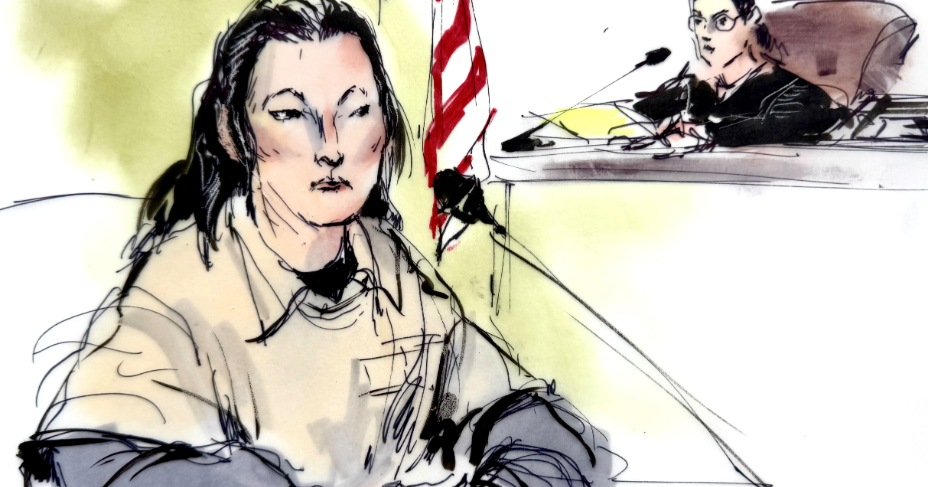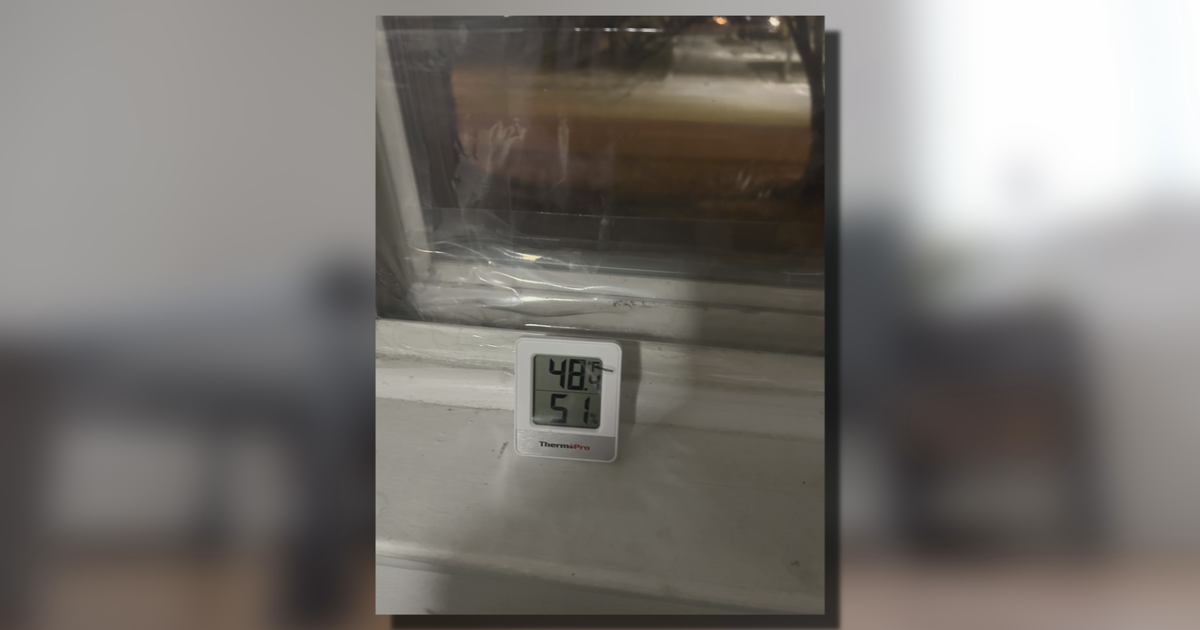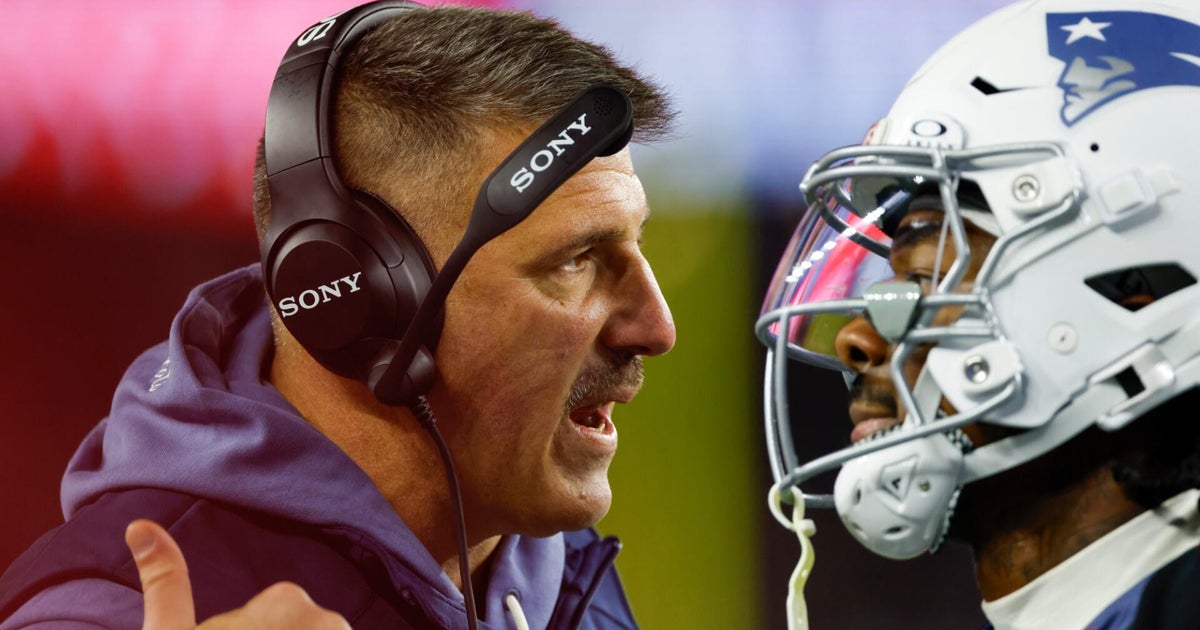I-Team: Is Airport Travel Safer Since 9-11?
BOSTON (CBS) - In the nine years since the September 11 attacks, the federal government has spent billions of dollars to tighten airport security, but is air travel in America really any safer?
The I-Team posed that question to aviation experts and you're not going to like the answer.
You show your ID, kick off your shoes, and head through the body scanner. It's all part of the federal government's ambitious and very expensive attempt to make flying safe.
The federal government has spent more than $50 billion on airport security since the terrorist attacks of 2001, but some experts say we're not any safer.
"It's all intended to make us feel more secure. It's kind of like a facade of security," says Brian Sullivan, a retired special agent for the Federal Aviation Administration and specialist in airport security.
"The proof is in the pudding," Sullivan says. "You look at the two most recent incidents – the shoe-bomber and the Christmas Day bomber, the underwear-bomber – and it was absolutely passengers and crew that subdued the terrorists. Not the TSA."
What the TSA has done, Sullivan says, is respond to each terrorist threat after-the-fact. After the shoe-bomber tried to blow up a commercial jet, passengers were required to remove their shoes. When a plot surfaced to smuggle liquid explosives onto planes, carry-on liquids were limited. Last Christmas a terrorist hid a bomb in his underwear and body scanners were installed.
When we talked to Sullivan in August, he warned that cargo on planes would be the next security soft spot targeted by terrorists.
"TSA has said hey, world, terrorists, we have 100 percent screening of cargo," Sullivan said then. "The terrorists are going to say, 'Oh yah? We're gonna test that.'"
That prediction became a reality last month, when terrorists in Yemen shipped explosives that made it onto cargo planes. Now the TSA is scrambling to tighten security on air cargo.
"We're reactive. We're not proactive," Sullivan says.
George Naccara, the TSA's director of security at Logan Airport, George Naccara, defends the agency's record: "It may appear to some people that we are behind the terrorists, but in reality we're well-connected to all intelligence analysts and sources in the U.S. government," Naccara says.
But the I-Team found the TSA is still struggling with the basics. The TSA repeatedly fails its own internal testing... according to reports by the Government Accountability Office, the investigative arm of Congress.
"The failure rates of the screeners are really bad," says Bogdan Dzakovich, a TSA employee who previously served as a leader on the FAA's red team, which tested airport security checkpoints. "The conclusions TSA should have reached by now, nine years later, is that whatever they think they are doing clearly does not work."
Sullivan agrees: "It's shocking to see what the GAO releases and says, for instance when it says 19 out of 19 airports failed in terms of getting IED's [improvised explosive devices] through screening."
"There are always vulnerabilities," says the TSA's Nacarra. "There isn't a system in the world that is absolutely fool proof."
One major vulnerability is protecting air cargo. The TSA says it screens 100 percent of all cargo on domestic passenger flights, the I-team has learned the vast majority of cargo isn't actually screened by the government.
The TSA contracts that work out to private companies, which could lead to more problems. Meanwhile, the TSA continues to test for security breaches, but the results are classified. The only way the public hears about the test results is when they are released by members of Congress or the GAO.
